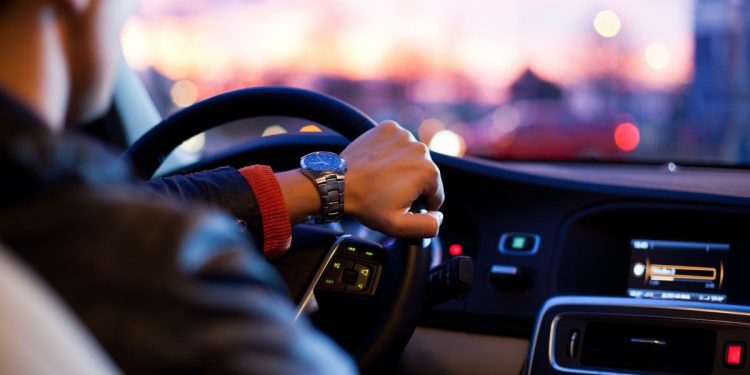Is it more environmentally friendly to drive your car, or get an Uber?
Words: Matthew Hansen
The arrival of revolutionary ride-sharing companies like Uber and Lyft was, in the earlier times of the industry, considered a possible answer to reducing the amount of cars in urban areas and, subsequently, reducing greenhouse gas pollution.
As time has gone on, however, it’s become apparent that this isn’t necessarily what happens when rideshare companies start to gain momentum.
In 2019, an internal study penned by analysts hired by Uber and Lyft confirmed that the rideshare apps’ popularity actually increased the amount of cars on the road in densely populated areas like San Francisco and Washington.
Now, another study has been released zeroing in on the amount of air pollution produced by rideshare firms. Conducted by researchers from Carnegie Mellon University, the study posed the question of whether a person produces more greenhouse gases and consumes more fuel by driving their own car every day, or by selling their car and using rideshare apps instead for their commuting.
The study had mixed results, underlining the nuance of the initial question. The most curious finding was that the need for rideshare operators to drive from their location to your pick-up location for each trip (as opposed to your personal vehicle being ready and waiting for you for each journey) resulted in a 20 per cent lift in fuel consumption and greenhouse gas emissions.
The study also stated that the rideshare reliance method results in a 60 per cent increase in external congestion, crashes, and noise costs. It added that if you’re trading public transport for ridesharing, the increase in these factors increases to 300 per cent.
On the flipside, however, the study also noted that those switching from personal cars to rideshares would reduce their transport-associated air pollution by between 50 and 60 per cent. This is thanks to the cars being used by rideshares being, on average, more modern and less emitting … combined with how these cars typically only have to make the one ‘cold start’ per day.
A host of manufacturers are developing autonomous rideshare business models of their own. The difference with these is that most are based around pure electric vehicles and around a limited zone structure. The Carnegie Mellon University study says that if a rideshare vehicle is fully electric, external costs shrink by almost 20 per cent.





